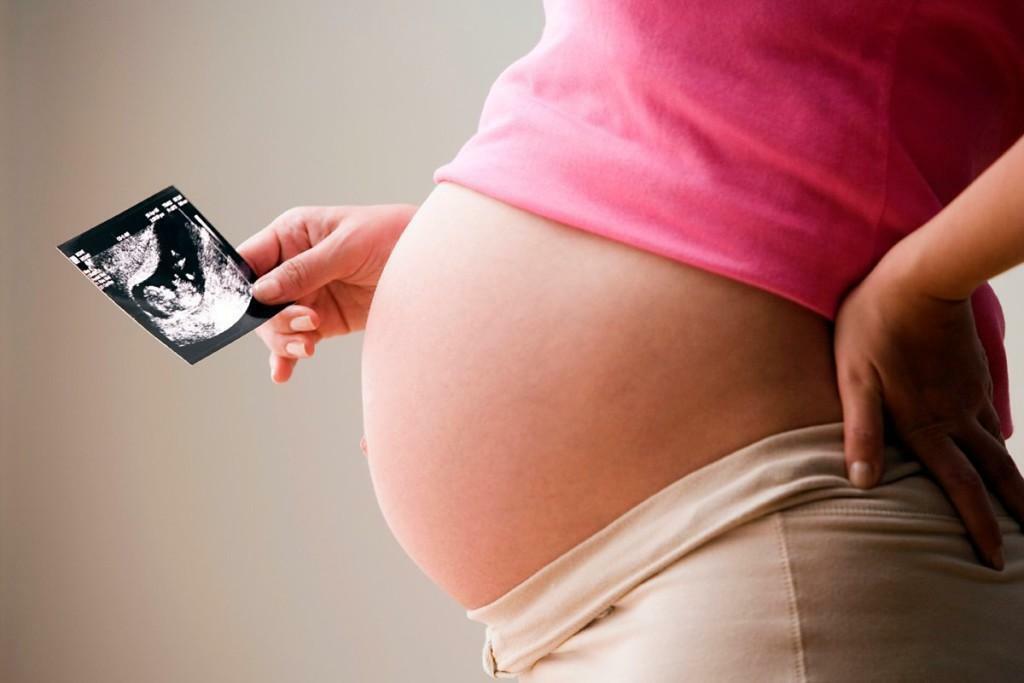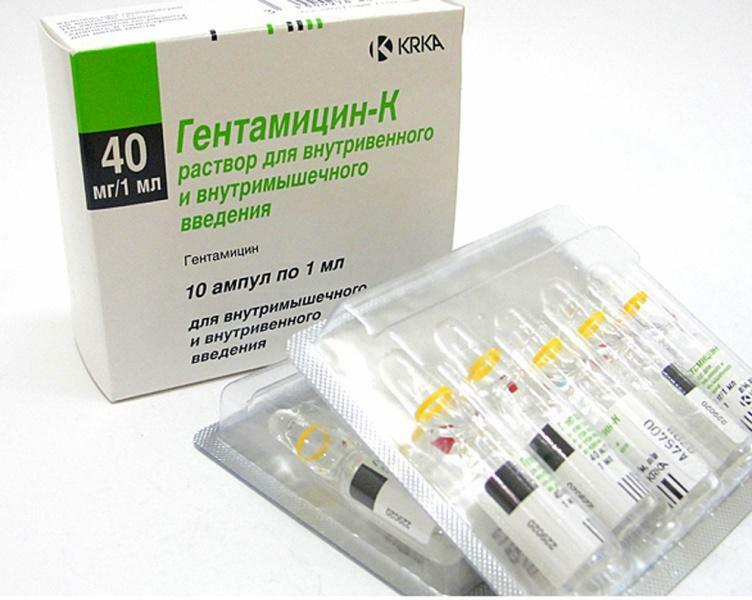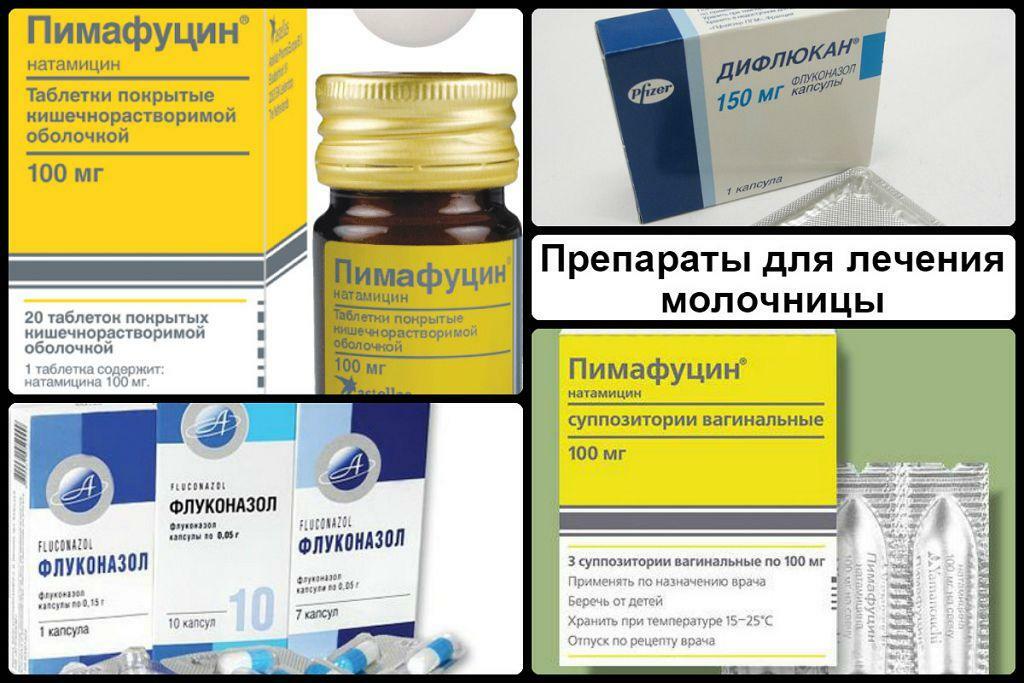
Epiglottitis - an inflammation of the area of the epiglottis and surrounding tissue, which can result in dramatically disrupt the respiratory function due to a sharp narrowing of the larynx area.
The epiglottis serves as a "door" that protects the airways from getting into their food or liquid, it covers the entrance to the larynx and trachea during swallowing. Due to the injury, trauma, or inflammation of the epiglottis, it can increase dramatically in size and cut off almost entirely the entrance to the larynx and trachea.
general information
Epiglottitis is more common in children under 4 years of age, although they may be ill and older children, adults. Usually, the disease is difficult, accompanied by the phenomena of respiratory failure.
Epiglottitis requires medical assistance, often in a hospital. Over the past 20 years, thanks to an active anti-infection vaccine, epiglottitis episodes become less frequent, though still occur.
Causes
Identify several major factors that lead to disease of the epiglottis. It:
- infectious lesions,
- traumatic impact (knocks, bruises neck, foreign objects, burns)
- external factors, damaging the epiglottis (smoking, inhalation or ingestion Chemicals)
Infectious cause is the most common. The main causative agent of epiglottitis include:
- Haemophilus influenzae type B,
- virus flu,
- pneumococcal infection
- streptococcus all possible types,
- Candida fungus, the pathogen candidiasis,
- virus varicella.
Less epiglottitis caused by viruses or bacteria of a different nature, normally in reducing immune protection and overall allergization body.
Risk factors for the development of epiglottitis include:
- male gender,
- smuglokozhest,
- accommodation in major cities in terms of population crowding,
- weakening of the immune system.
Kinds
Clinical manifestations stand out:
- epiglottitis edema,
- infiltrative,
- abscessed form epiglottitis.
symptoms of epiglottitis
Epiglottitis begins as catarrhal infection. If it appear:
- temperature rise,
- malaise,
- runny nose, sneezing, nasal congestion.
In just a few hours of the disease quickly develops and provides typical symptoms of epiglottitis:
- high fever,
- Pant whistling noise and the participation of accessory muscles,
- difficulty swallowing,
- sore throat with pain and redness,
- anxiety, fear, irritability,
The patient takes a forced posture while sitting with stretching neck, open mouth and protruding tongue.
- when breathing nostrils flaring,
- voice abruptly muted,
- pronounced salivation.
Formed signs of lack of oxygen - blueness around the mouth, fingertips, shortness of breath.
In the analysis of blood a marked inflammatory response with an increase in white blood cells and ESR.
Diagnostics
Diagnosis is based on complaints and inspection throat and epiglottis.
But examination of the child with epiglottitis is difficult, since attempts throat examination can lead to respiratory failure due to the overlap swollen epiglottis windpipe. In such cases, resorting to throat radiograph to determine the degree of edema.
Another diagnostic method is a special inspection epiglottis flexible fiberscope in operating conditions using the techniques of anesthesia and tracheal intubation.
For suspected epiglottitis also performed complete blood count and biochemistry, seeding with the oropharynx with the definition of the pathogen and its sensitivity to antibiotics.
epiglottitis treatment
Epiglottitis treated ENT physicians and intensivists in the intensive care wards.
If you suspect that this pathology necessary to call an ambulance and immediate admission to an intensive care or intensive care. First of all, with severe swelling of the epiglottis and breathing problems require intubation - the introduction of the breathing tube, which does not provide completely block the lumen.
Treatment is carried out according to plan:
- antibiotics (into a muscle or a vein)
- administration of glucose and nutrient solutions during their stay in the intensive care unit,
- humidifying air breathing a mixture of oxygen with air,
- on the improvement of the translation in the House, and the continuation of the anti-inflammatory, anti and antimicrobial therapy.
complications
The most dangerous complication of acute epiglottitis is asphyxia - overlapping airways swollen epiglottis.
Another serious complication is pulmonary edema, which may result from sudden lack of oxygen. Possible spread of the infection of the epiglottis with the formation of the field pneumonia, meningitis or sepsis.
prevention
Since the vast majority of cases epiglottitis caused by Haemophilus influenzae, one of the most effective methods of prevention is vaccination against Haemophilus influenzae. It is held for children within the national calendar of vaccination - the vaccine Pentaxim or ACT-Hib.



